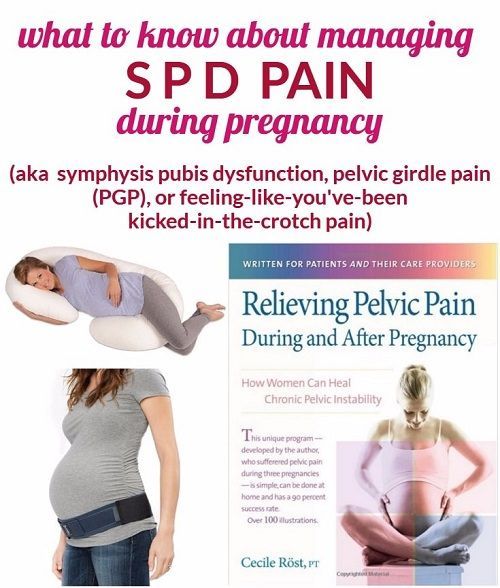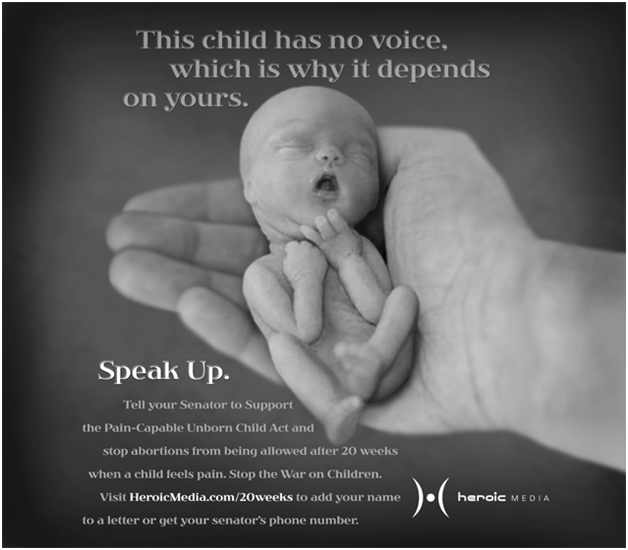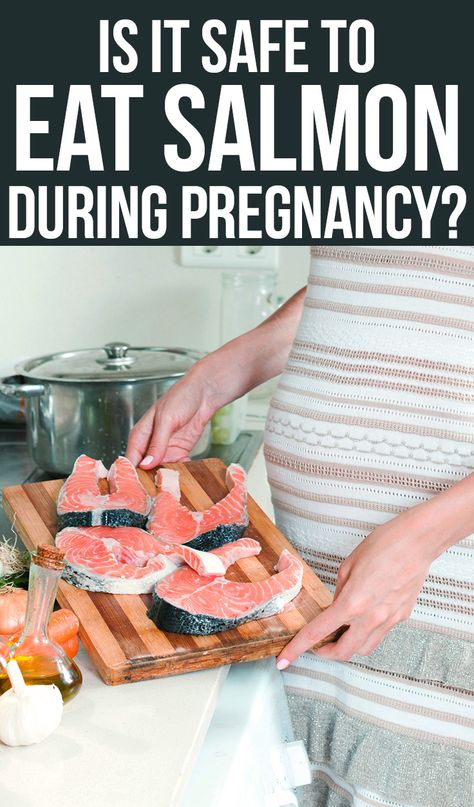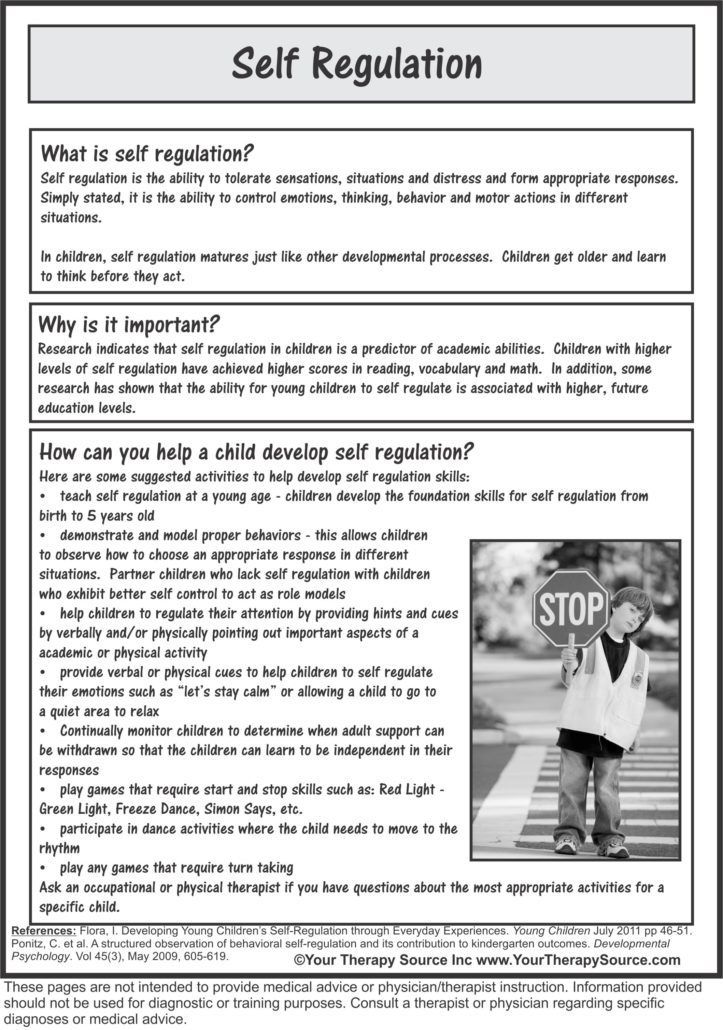Painful heartburn in pregnancy
Indigestion and heartburn in pregnancy
Indigestion, also called heartburn or acid reflux, is common in pregnancy. It can be caused by hormonal changes and the growing baby pressing against your stomach.
You can help ease indigestion and heartburn by making changes to your diet and lifestyle, and there are medicines that are safe to take in pregnancy.
Symptoms of indigestion and heartburn
Symptoms of indigestion and heartburn include:
- a burning sensation or pain in the chest
- feeling full, heavy or bloated
- burping or belching
- feeling or being sick
- bringing up food
Symptoms usually come on soon after eating or drinking, but there can sometimes be a delay between eating and developing indigestion.
You can get symptoms at any point during your pregnancy, but they are more common from 27 weeks onwards.
Things you can do to help with indigestion and heartburn
Changes to your diet and lifestyle may be enough to control your symptoms, particularly if they are mild.
Eat healthily
You're more likely to get indigestion if you're very full.
If you're pregnant, it may be tempting to eat more than you would normally, but this may not be good for you or your baby.
Find out more about a healthy diet in pregnancy and foods to avoid.
Change your eating and drinking habits
You may be able to control your indigestion with changes to your eating habits.
It can help to eat small meals often, rather than larger meals 3 times a day, and to not eat within 3 hours of going to bed at night.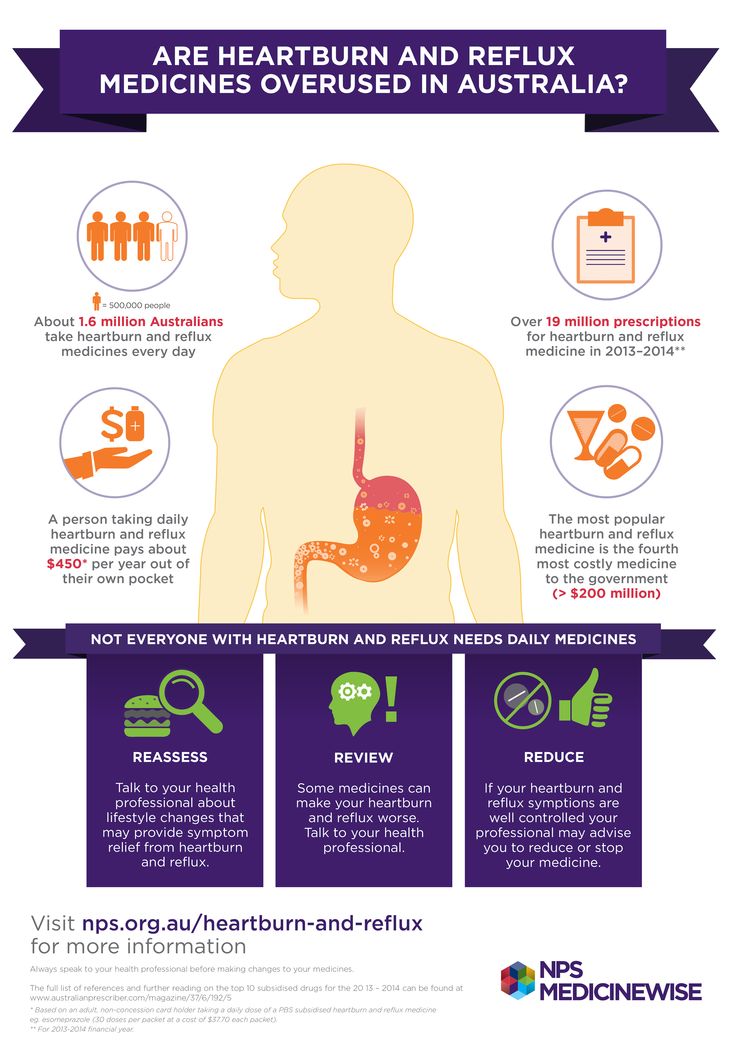
Cutting down on drinks containing caffeine, and foods that are rich, spicy or fatty, can also ease symptoms.
Keep upright
Sit up straight when you eat. This will take the pressure off your stomach. Propping your head and shoulders up when you go to bed can stop stomach acid coming up while you sleep.
Stop smoking
Smoking when pregnant can cause indigestion, and can seriously affect the health of you and your unborn baby.
When you smoke, the chemicals you inhale can contribute to your indigestion. These chemicals can cause the ring of muscle at the lower end of your gullet to relax, which allows stomach acid to come back up more easily. This is known as acid reflux.
Smoking also increases the risk of:
- your baby being born prematurely (before week 37 of your pregnancy)
- your baby being born with a low birthweight
- sudden infant death syndrome (SIDS), or "cot death"
There's lots of help available to stop smoking.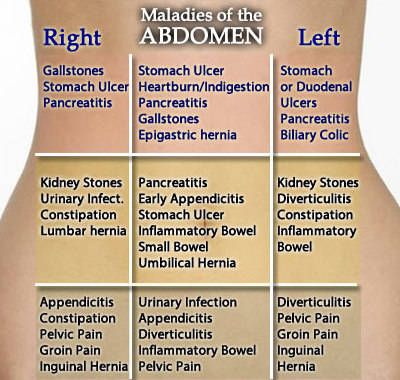 Talk to your midwife or call the NHS Smokefree helpline on 0300 123 1044. Find out more about stopping smoking in pregnancy.
Talk to your midwife or call the NHS Smokefree helpline on 0300 123 1044. Find out more about stopping smoking in pregnancy.
Avoid alcohol
Drinking alcohol can cause indigestion. During pregnancy, it can also lead to long-term harm to the baby. It's safest to not drink alcohol at all in pregnancy.
Find out more about alcohol and pregnancy
When to get medical help
See your midwife or GP if you need help managing your symptoms or if changes to your diet and lifestyle do not work. They may recommend medicine to ease your symptoms.
You should also see your midwife or GP if you have any of the following:
- difficulty eating or keeping food down
- weight loss
- stomach pains
Your midwife or GP may ask about your symptoms and examine you by pressing gently on different areas of your chest and stomach to see whether it's painful.
If you're taking prescription medicines
Speak to your GP if you're taking medicine for another condition, such as antidepressants, and you think it may be making your indigestion worse. They may be able to prescribe an alternative medicine.
Never stop taking a prescribed medicine unless you're advised to do so by your GP or another qualified healthcare professional who's responsible for your care.
Medicines for indigestion and heartburn
Medicines for indigestion and heartburn during pregnancy include:
- antacids – to neutralise the acid in your stomach (some are available over the counter from a pharmacist)
- alginates – to relieve indigestion caused by acid reflux by stopping the acid in your stomach coming back up your gullet
You may only need to take antacids and alginates when you start getting symptoms.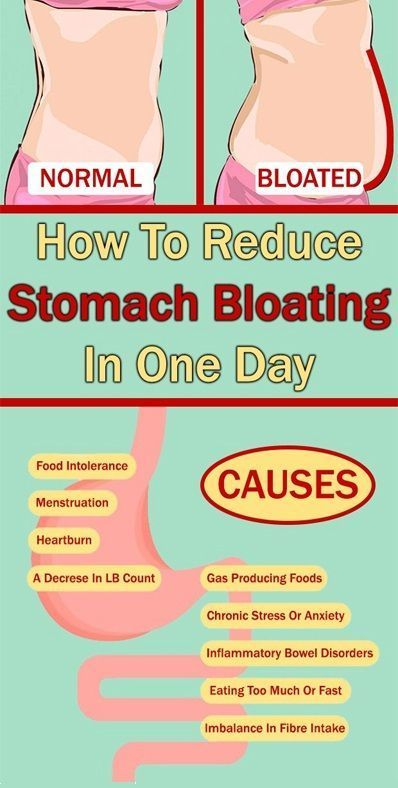 However, your GP may recommend taking them before symptoms come on – for example, before a meal or before bed.
However, your GP may recommend taking them before symptoms come on – for example, before a meal or before bed.
If you're taking iron supplements as well as antacids, do not take them at the same time. Antacids can stop iron from being absorbed by your body.
If antacids and alginates do not improve your symptoms, your GP may prescribe a medicine to reduce the amount of acid in your stomach. 2 that are widely used in pregnancy and not known to be harmful to an unborn baby are:
- ranitidine – a tablet you take twice a day
- omeprazole – a tablet you take once a day
Causes of indigestion in pregnancy
Symptoms of indigestion come when the acid in your stomach irritates your stomach lining or your gullet. This causes pain and a burning feeling.
When you're pregnant, you're more likely to have indigestion because of:
- hormonal changes
- the growing baby pressing on your stomach
- the muscles between your stomach and gullet relaxing, allowing stomach acid to come back up
You may be more likely to get indigestion in pregnancy if:
- you had indigestion before you were pregnant
- you've been pregnant before
- you're in the later stages of pregnancy
Video: Eating well on a budget
In this video, a dietitian gives advice on how to eat healthily on a budget.
Media last reviewed: 13 January 2021
Media review due: 13 January 2024
Feeling the burn? Tips to manage heartburn, GERD in pregnancy | Your Pregnancy Matters
×
What can we help you find?Refine your search: Find a Doctor Search Conditions & Treatments Find a Location
Appointment New Patient Appointment
or Call214-645-8300
MedBlog
Your Pregnancy Matters
July 30, 2019
Your Pregnancy Matters
Robyn Horsager-Boehrer, M.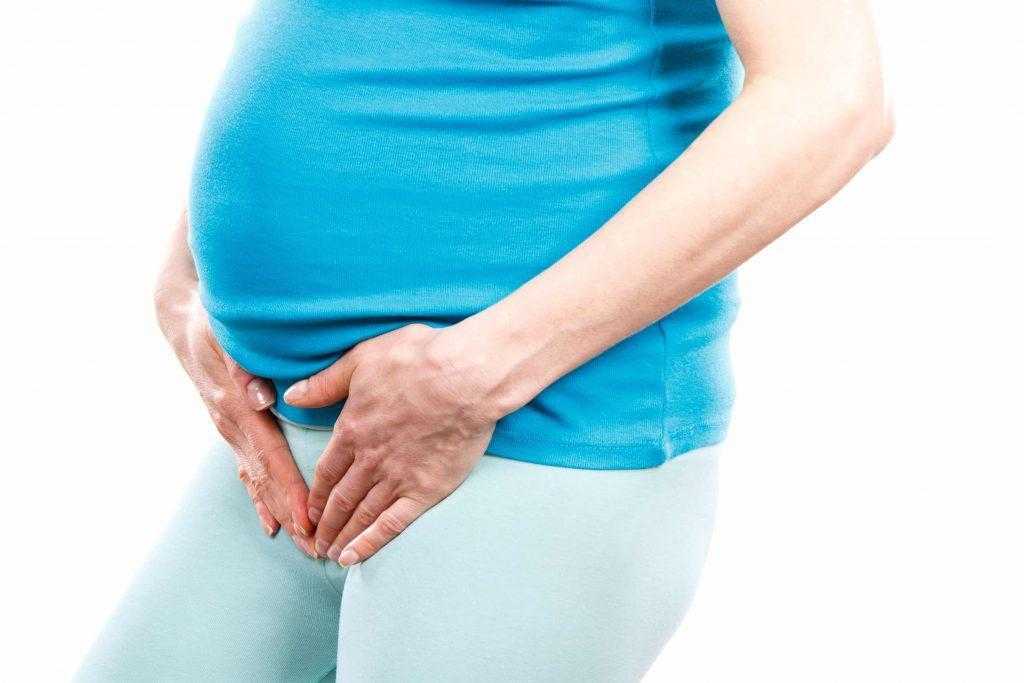 D. Obstetrics and Gynecology
D. Obstetrics and Gynecology
Alan Kramer, M.P.H. Assistant Vice President for Health System Emerging Strategies
The pregnancy hormone progesterone can increase heartburn, starting in the first trimester.Heartburn is common in adults – especially during pregnancy. While some research suggests women who have moderate heartburn during pregnancy give birth to babies with fuller heads of hair, having symptoms more than twice a week might be a sign of gastroesophageal reflux disease (GERD), or recurrent heartburn.
According to a study of 510 pregnant women, approximately 26% have GERD symptoms during the first trimester. The rate jumps to 36% in the second trimester and 51% during the third trimester. That’s substantial compared with the 20% of adults in the U.S. who experience heartburn.
Why the increase in symptoms during pregnancy? Progesterone, a hormone that increases early in pregnancy, relaxes smooth muscle in the body. It helps your uterus stretch to accommodate the growing fetus, but also reduces the reliability of the esophageal sphincter – a ring-like structure that seals off stomach contents from the throat.
Increased pressure placed on the stomach externally from the growing uterus, especially in the third trimester, can also worsen heartburn symptoms such as:
- Burning pain in the center of the chest, especially after eating
- Sour or bitter taste in the mouth
- Sore throat or cough
Thankfully, there are several pregnancy-safe ways to deal with acute heartburn and ongoing cases of GERD.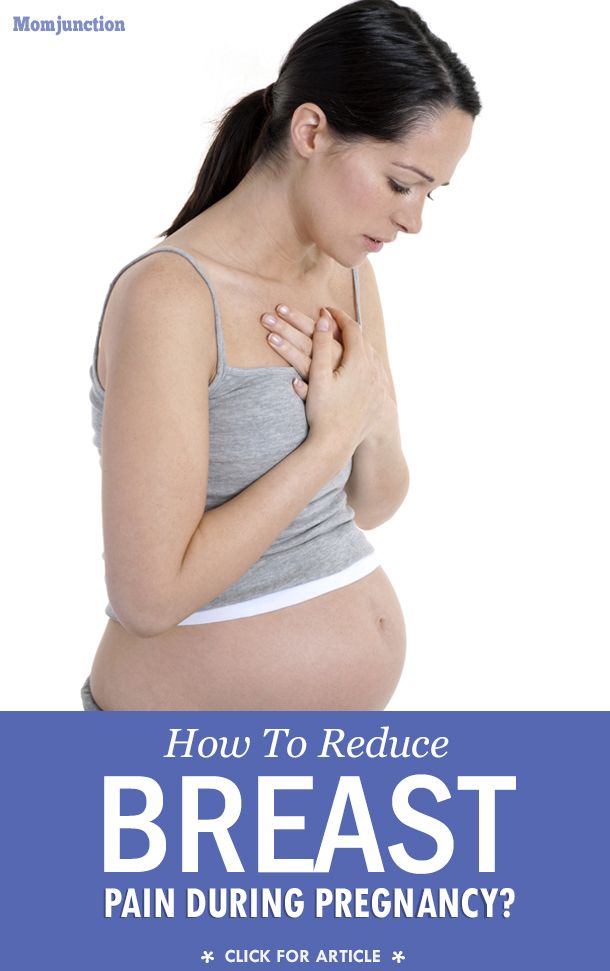
"Progesterone, a hormone that increases early in pregnancy, also reduces the reliability of the esophageal sphincter, which means that certain foods such as spicy dishes may trigger heartburn symptoms."
Robyn Horsager-Boehrer, M.D.
Heartburn treatment options during pregnancy
Lifestyle changes
Consider these diet and sleep modifications to relieve or prevent heartburn:
- Avoid tobacco and alcohol. These substances worsen the symptoms, and it’s already recommended for all women during pregnancy to avoid smoking, vaping, and drinking alcohol. Need to quit? We offer a free tobacco cessation program.
- Shift your eating schedule. Smaller, more frequent meals fill the stomach less and may reduce symptoms. Also, avoid bending over or lying flat after meals to reduce acid reflux.

- Prop yourself up in bed. Try sleeping with an extra pillow under your head or a small wedge under your pillow. The incline can help prevent stomach acid from splashing into your lower esophagus.
- Skip the sauce or spice. If you notice that certain foods such as tomato sauces or spicy dishes trigger symptoms, avoid them until after the baby comes.
Medications
Heartburn and GERD symptoms are less severe when there is less acid in the stomach. That said, you need a certain amount of acid to properly digest food. Three types of medication can help create that balance.
Oral antacids like aluminum and magnesium hydroxide (think Maalox or Mylanta) and calcium carbonate (like TUMS) neutralize acid already present in the stomach. Calcium carbonate has the added benefit of supplementing calcium intake during pregnancy. It’s safe to follow the directions on the package – there’s no need to change the dosage or schedule due to pregnancy.
It’s safe to follow the directions on the package – there’s no need to change the dosage or schedule due to pregnancy.
On the flip side, two types of medications actually reduce acid production before it can enter the stomach.
h3-receptor antagonists (h3-blockers) reduce h3 histamine, which stimulates cells in the stomach to produce acid. Thus, less stomach acid is produced. Examples include ranitidine (Zantac), cimetidine (Tagamet HB), and famotidine (Pepcid). All of these are available over the counter and in generic forms.
Proton pump inhibitors (PPIs) block an enzyme in stomach cells that’s needed to produce acid. These drugs are available over the counter but can take several days to provide maximum relief, so you might consider trying an antacid or h3 blocker first. Examples of PPIs include lansoprazole (Prevacid) and omeprazole (Prilosec), as well as generic versions. Both brand name and generic are considered safe during pregnancy.
Please note, because stomach acid is necessary for iron absorption, h3 blockers and PPIs can decrease the effectiveness of iron supplements. Talk to your doctor if this might be an issue for you.
Talk to your doctor if this might be an issue for you.
Related reading: 4 common pregnancy-related GI issues
When to call the doctor
If heartburn symptoms are associated with headaches or swelling of the hands and face, talk with your provider before trying these remedies, especially if the symptoms are new and present in the last trimester of pregnancy.
Heartburn-like pain can be a symptom of preeclampsia, or dangerously high blood pressure during pregnancy. Preeclampsia puts mothers and babies at risk, and further evaluation may be necessary.
As mentioned, heartburn is very common in pregnancy. If your symptoms don’t resolve with diet changes or medication, let your provider know so you can find an effective treatment.
Tired of feeling the burn? Call 214-645-8300 or request an appointment online.
More in: Your Pregnancy Matters
Your Pregnancy Matters
- Robyn Horsager-Boehrer, M.
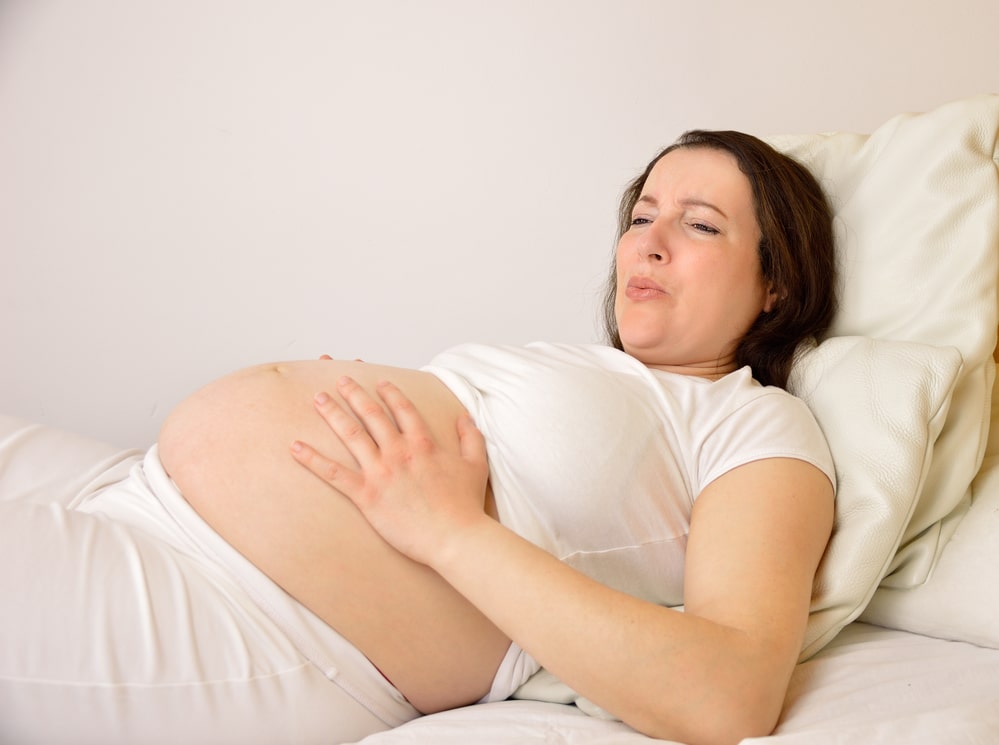 D.
D.
December 20, 2022
Your Pregnancy Matters
- Robyn Horsager-Boehrer, M.D.
December 13, 2022
Pediatrics; Your Pregnancy Matters
- Jessica Morse, M.
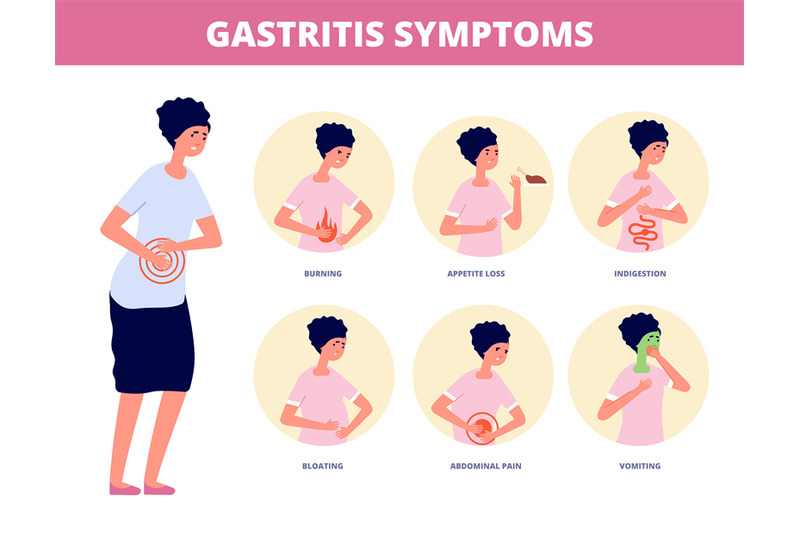 D.
D.
December 6, 2022
Your Pregnancy Matters
- Shivani Patel, M.D.
November 22, 2022
Your Pregnancy Matters
- Robyn Horsager-Boehrer, M.D.
November 15, 2022
Your Pregnancy Matters
- Robyn Horsager-Boehrer, M.
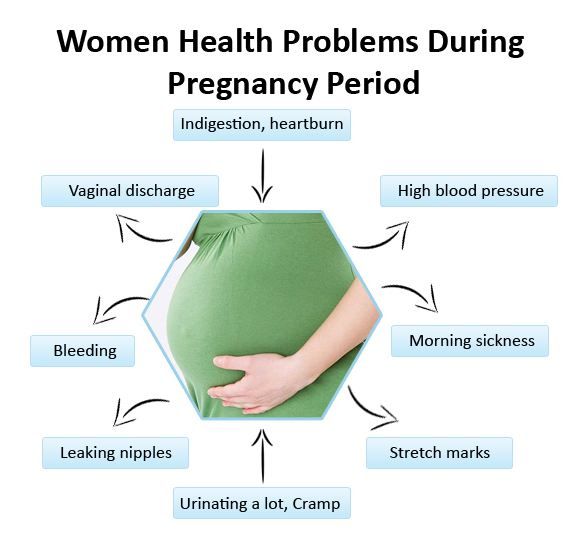 D.
D.
November 7, 2022
Mental Health; Your Pregnancy Matters
- Robyn Horsager-Boehrer, M.D.
October 11, 2022
Prevention; Your Pregnancy Matters
- Robyn Horsager-Boehrer, M.
 D.
D.
October 4, 2022
Mental Health; Your Pregnancy Matters
- Meitra Doty, M.D.
September 27, 2022
More Articles
© 2023 The University of Texas Southwestern Medical Center
Member of Southwestern Health Resources
why it occurs and how to get rid of it
The prevalence of heartburn increases from the 20th week of pregnancy and covers the vast majority of women by the time of delivery. Usually, the symptom is provoked by the "heavy" food eaten the day before, so it can be repeated many times throughout the day, and one episode of heartburn lasts minutes or even hours. In addition to heartburn itself, there may be belching of air, pain behind the sternum, and swallowing is disturbed 1 .
Usually, the symptom is provoked by the "heavy" food eaten the day before, so it can be repeated many times throughout the day, and one episode of heartburn lasts minutes or even hours. In addition to heartburn itself, there may be belching of air, pain behind the sternum, and swallowing is disturbed 1 .
Causes of heartburn in pregnant women
There are a number of factors that predispose to heartburn during pregnancy. These include2:
episodes of heartburn
before pregnancy
multiple pregnancy
overweight before or
significant weight gain
during pregnancy
The main causes of heartburn in pregnant women are divided into: mechanical (physical) and hormonal 2 .
The mechanical cause of is an increase in the size of the pregnant uterus. The growing uterus displaces and compresses other organs in the abdomen, which increases intra-abdominal pressure. At the same time, the stomach is “squeezed” to the diaphragm, the locking mechanism that separates the esophagus from the stomach is weakened, which predisposes to the development of hiatal hernia. In general, the described mechanisms often lead to acid reflux - the backflow of gastric contents into the esophagus, accompanied by heartburn 2 .
The growing uterus displaces and compresses other organs in the abdomen, which increases intra-abdominal pressure. At the same time, the stomach is “squeezed” to the diaphragm, the locking mechanism that separates the esophagus from the stomach is weakened, which predisposes to the development of hiatal hernia. In general, the described mechanisms often lead to acid reflux - the backflow of gastric contents into the esophagus, accompanied by heartburn 2 .
Hormonal causes include an increase in progesterone production. Progesterone reduces the tone of the smooth muscles of the uterus, protecting the pregnancy from the threat of termination. In the same way, progesterone acts on other smooth muscle organs. Under the influence of hormones during pregnancy, there may be a decrease in the tone of the lower esophageal sphincter and a weakening of intestinal motility, including due to a violation of the sensitivity of intestinal receptors to biologically active substances - serotonin and histamine. As a result, food can linger in the stomach, increasing the likelihood of acid reflux. Due to the weakening of peristalsis, there is also a risk of constipation and changes in the intestinal microflora 2 .
As a result, food can linger in the stomach, increasing the likelihood of acid reflux. Due to the weakening of peristalsis, there is also a risk of constipation and changes in the intestinal microflora 2 .
First trimester
A complaint in pregnant women at an early stage appears due to toxicosis with repeated vomiting, when the mucosa of the esophagus is constantly irritated by vomit 1 .
First trimester
A complaint in pregnant women at an early stage appears due to toxicosis with repeated vomiting, when the mucosa of the esophagus is constantly irritated by vomit 1 . nine0005
Second and third trimesters
In the second and third trimesters, symptoms may occur due to reduced pressure in the esophagogastric sphincter and functional failure of the upper stomach 1 . Also, in late pregnancy, the factors provoking heartburn may include an increase in intra-abdominal pressure due to an increase in the volume of the uterus and an increase in the level of gastrin in the blood of pregnant women 1 .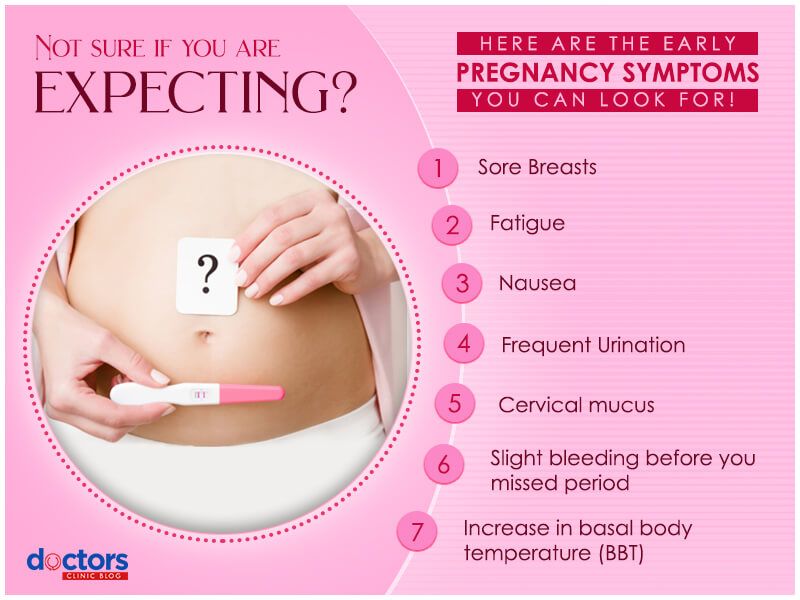
Second and third trimesters
In the second and third trimesters, symptoms may occur due to decreased pressure in the esophagogastric sphincter and functional failure of the upper stomach 1 . Also, in late pregnancy, the factors provoking heartburn may include an increase in intra-abdominal pressure due to an increase in the volume of the uterus and an increase in the level of gastrin in the blood of pregnant women 1 .
postpartum period nine0008
Unfortunately, the symptoms of heartburn do not always disappear without a trace after childbirth: about 20% of women who experience heartburn during pregnancy also notice it in the postpartum period 2 . It is possible that the development of heartburn in the postpartum period may be associated with the lactation period, this relationship has yet to be established.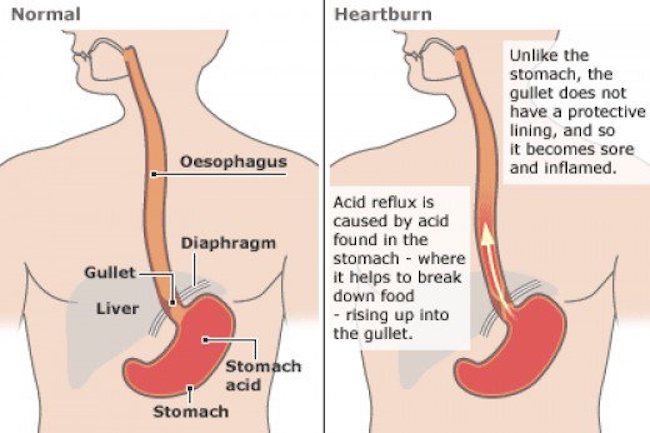 According to the instructions for the medical use of the drug Maalox®, the absorption of combinations of aluminum hydroxide and magnesium salts in the mother is limited, therefore, Maalox® can be used during lactation after consulting a doctor. For occasional heartburn, use 15 ml or 1-2 tablets of Maalox® once . 4-6
According to the instructions for the medical use of the drug Maalox®, the absorption of combinations of aluminum hydroxide and magnesium salts in the mother is limited, therefore, Maalox® can be used during lactation after consulting a doctor. For occasional heartburn, use 15 ml or 1-2 tablets of Maalox® once . 4-6
Unfortunately, the symptoms of heartburn do not always disappear without a trace after childbirth: about 20% of women who experienced heartburn during pregnancy also notice it in the postpartum period 2 . It is possible that the development of heartburn in the postpartum period may be associated with the lactation period, this relationship has yet to be established. According to the instructions for the medical use of the drug Maalox®, the absorption of combinations of aluminum hydroxide and magnesium salts in the mother is limited, therefore, Maalox® can be used during lactation after consulting a doctor. For occasional heartburn, use 15 ml or 1-2 tablets of Maalox® once . 4-6
For occasional heartburn, use 15 ml or 1-2 tablets of Maalox® once . 4-6
Symptoms of heartburn in pregnant women
Heartburn - an unpleasant burning sensation, warmth behind the sternum, which can spread to the neck 3 . The symptom may appear about an hour after eating. Often entails heartburn eating fried, spicy, fatty, sour foods, as well as overeating. Physical activity and changes in body position, such as leaning forward or lying down, may increase heartburn symptoms 3 . In pregnant women, heartburn is often accompanied by belching and difficulty swallowing 1 .
Heartburn is an unpleasant sensation of burning, warmth behind the sternum, which can spread to the neck area 3 . The symptom may appear about an hour after eating. Often entails heartburn eating fried, spicy, fatty, sour foods, as well as overeating. Physical activity and changes in body position, such as leaning forward or lying down, may increase heartburn symptoms 3 . In pregnant women, heartburn is often accompanied by belching and difficulty swallowing 1 .
Physical activity and changes in body position, such as leaning forward or lying down, may increase heartburn symptoms 3 . In pregnant women, heartburn is often accompanied by belching and difficulty swallowing 1 .
Why is heartburn dangerous in pregnant women?
Heartburn that occurs during pregnancy may increase the chance of developing GERD after childbirth. Moreover, the risk of developing the disease is proportional to the number of births. It was noted that in the presence of heartburn in the 1st pregnancy, GERD subsequently develops in 17.7% of women , and two pregnancies with heartburn increase this figure to 36% 2 .
It is important to note that if heartburn occurs during pregnancy, it is imperative to consult a doctor, since other diseases of the digestive system can manifest as heartburn, including a severe pathology of the gestation period - acute fatty liver of pregnant women. In this case, heartburn is short-lived at first, then its intensity and duration increase, accompanied by painful swallowing of not only food, but also liquids. Heartburn in this case is often accompanied by vomiting of the color of "coffee grounds", weakness, lethargy. Such a dangerous condition requires close medical attention and control 1 .
In this case, heartburn is short-lived at first, then its intensity and duration increase, accompanied by painful swallowing of not only food, but also liquids. Heartburn in this case is often accompanied by vomiting of the color of "coffee grounds", weakness, lethargy. Such a dangerous condition requires close medical attention and control 1 .
Heartburn that occurs during pregnancy may increase the chance of developing GERD after childbirth. Moreover, the risk of developing the disease is proportional to the number of births. It was noted that in the presence of heartburn in the 1st pregnancy, GERD subsequently develops in 17.7% of women , and two pregnancies with heartburn increase this figure to 36% 2 .
It is important to note that if heartburn occurs during pregnancy, it is imperative to consult a doctor, since other diseases of the digestive system can manifest as heartburn, including a severe pathology of the gestation period - acute fatty liver of pregnant women.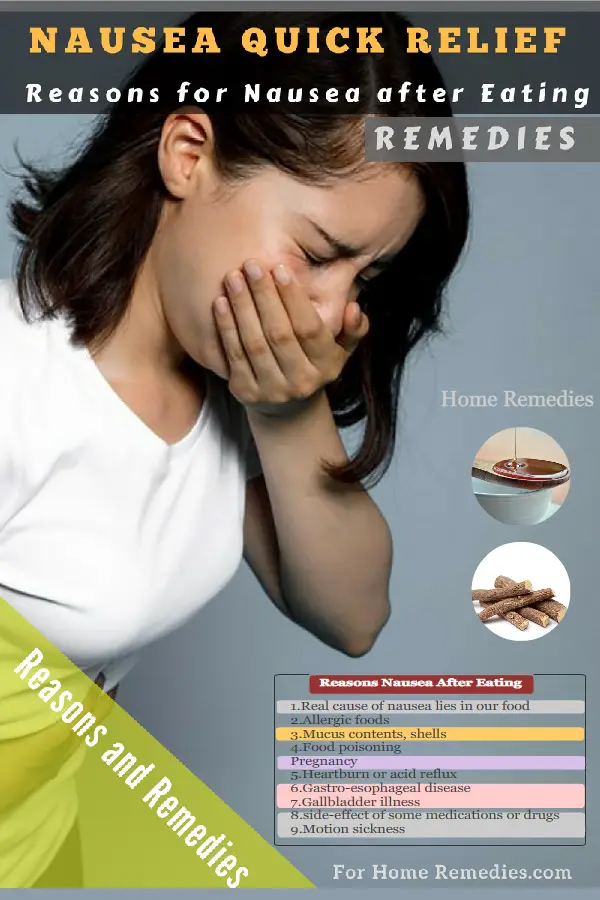 In this case, heartburn is short-lived at first, then its intensity and duration increase, accompanied by painful swallowing of not only food, but also liquids. Heartburn in this case is often accompanied by vomiting of the color of "coffee grounds", weakness, lethargy. Such a dangerous condition requires close medical attention and control 1 .
In this case, heartburn is short-lived at first, then its intensity and duration increase, accompanied by painful swallowing of not only food, but also liquids. Heartburn in this case is often accompanied by vomiting of the color of "coffee grounds", weakness, lethargy. Such a dangerous condition requires close medical attention and control 1 .
Diagnostics
Usually, to identify the cause of heartburn, the doctor is enough data from the questioning and examination of the pregnant woman. In some cases, ultrasound of the liver, gallbladder, pancreas, general and biochemical blood tests may be needed. In difficult cases, it is possible to examine the esophagus, stomach, duodenum using an endoscope. This method is not contraindicated during pregnancy, has high information content and diagnostic accuracy 1 .
In most cases, a doctor will only need information from a questioning and examination of a pregnant woman to determine the cause of heartburn.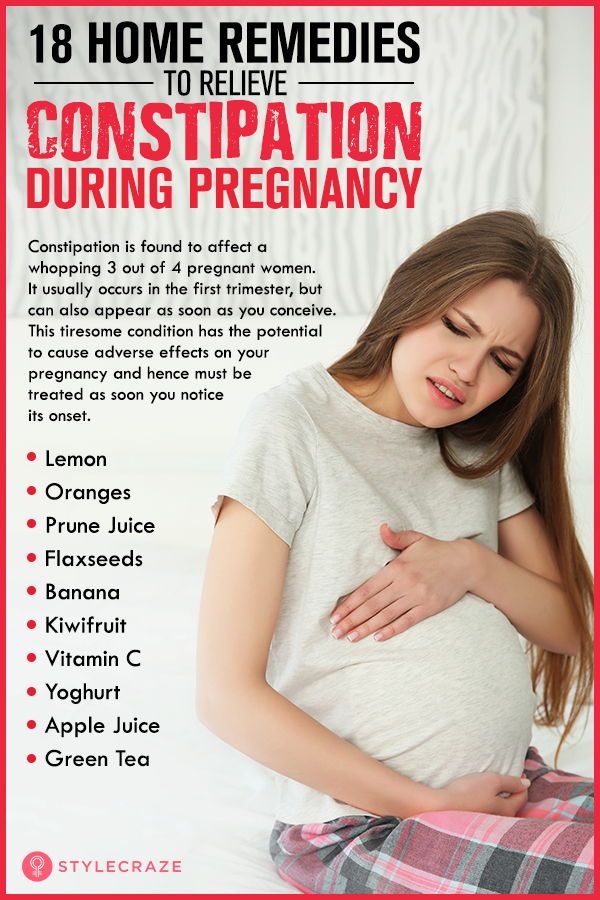 In some cases, ultrasound of the liver, gallbladder, pancreas, general and biochemical blood tests may be needed. In difficult cases, it is possible to examine the esophagus, stomach, duodenum using an endoscope. This method is not contraindicated during pregnancy, it has high information content and diagnostic accuracy 1 .
In some cases, ultrasound of the liver, gallbladder, pancreas, general and biochemical blood tests may be needed. In difficult cases, it is possible to examine the esophagus, stomach, duodenum using an endoscope. This method is not contraindicated during pregnancy, it has high information content and diagnostic accuracy 1 .
Heartburn during pregnancy - Juno
Heartburn during pregnancy - Junohome
Articles
Heartburn during pregnancy
Most often, heartburn begins to bother pregnant women in the later stages, in the second or third semester. What is the cause of heartburn during pregnancy and how to deal with it? Read our article!
Causes of heartburn during pregnancy
Heartburn (acid dyspepsia) is an unpleasant burning sensation in the chest and mouth. In pregnant women, heartburn may be accompanied by nausea, vomiting, pain in the throat, abdomen and stomach, as well as a disorder in the swallowing mechanism.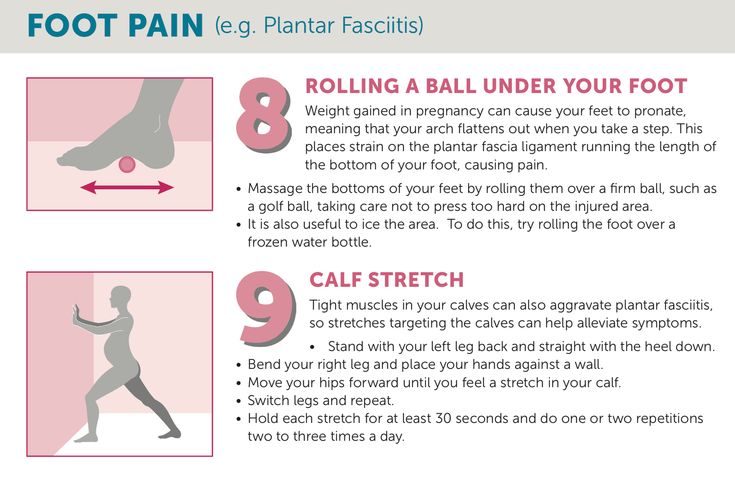 Also, heartburn during pregnancy is fraught with sleep and eating disorders. nine0005
Also, heartburn during pregnancy is fraught with sleep and eating disorders. nine0005
Consider the main causes of heartburn during pregnancy.
Hormonal changes
During pregnancy, the production of progesterone, or the so-called pregnancy hormone, rises. He is responsible for relaxing the muscles of the uterus in order to avoid abortion. The difficulty lies in the fact that the action of this hormone also extends to the esophagus, stomach and intestines.
Between the esophagus and the stomach is a sphincter that must close after food enters the stomach. But under the influence of progesterone, the performance of the sphincter worsens, due to which the food returns to the esophagus, and with hydrochloric acid, which aggravates the situation. In addition, due to a violation of the hormonal background, the acidity of the gastric juice increases, which also provokes the appearance of heartburn. nine0005
Mechanical action
From the second trimester, the size of the uterus increases significantly, so there is pressure on the digestive tract.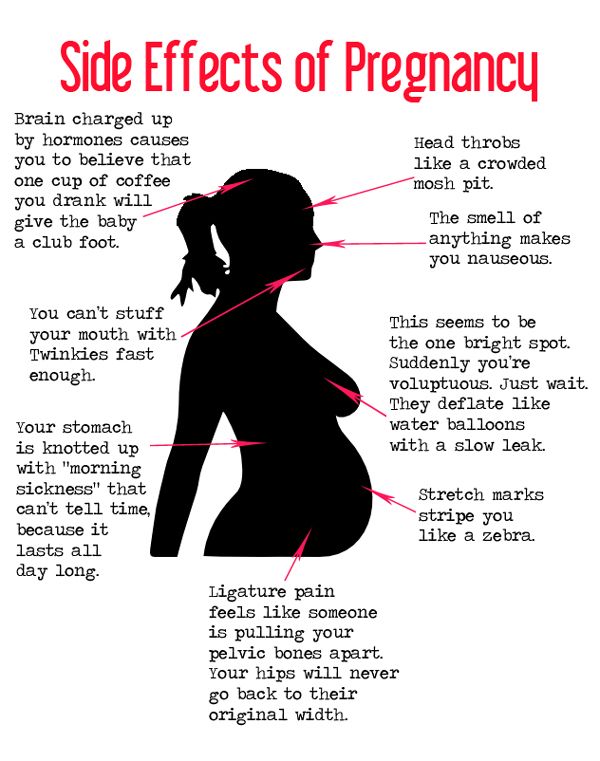 In this case, the volume of the stomach decreases, which creates conditions for throwing the contents of the stomach into the esophagus.
In this case, the volume of the stomach decreases, which creates conditions for throwing the contents of the stomach into the esophagus.
Heartburn can occur due to weight gain, because under the influence of extra pounds, blood pressure begins to affect the abdominal cavity. It is advisable to avoid tight clothing, because if the clothing squeezes and tights the stomach, this can provoke the release of acid from the stomach. nine0005
The use of certain foods.
During pregnancy, heartburn can cause the following types of food:
- Fatty food (fish, meat).
- Dairy products (ryazhenka, kefir, etc.).
- Baking.
- Fast food.
- Some types of fruits: citrus, kiwi, green apples, honeysuckle, currants.
- Tomatoes.
- Chocolate. nine0188 Smoked products.
- Marinades.
- Carbonated drinks.
- Hard boiled eggs.
Treatment of heartburn during pregnancy
To treat heartburn during pregnancy in mild cases, it is enough to follow the following points:
- Dieting.
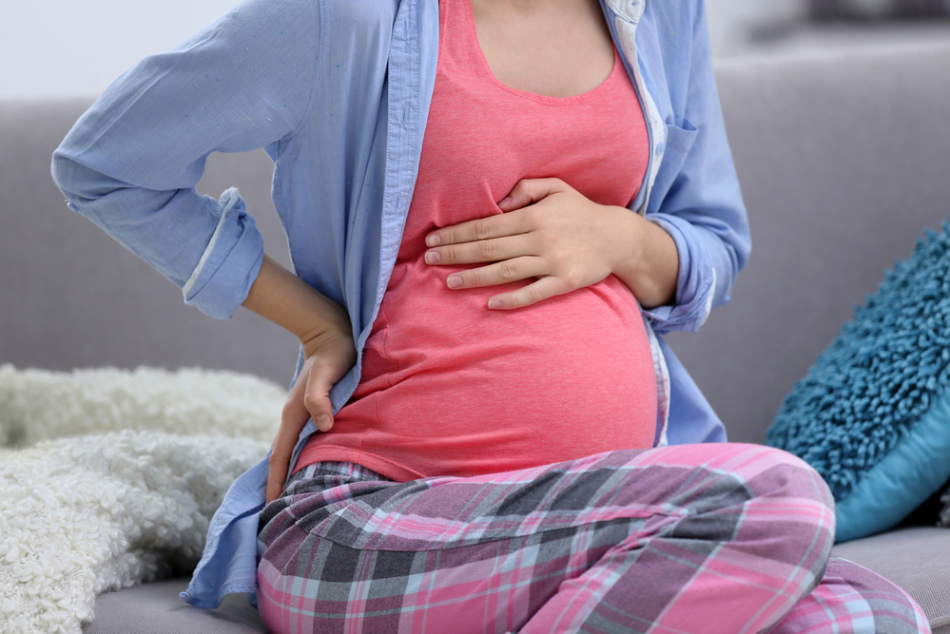 For pregnant women, oatmeal, natural milk, boiled or baked meat and fish of low-fat varieties, steamed omelettes are recommended. A diet for heartburn implies certain restrictions, especially in plant foods, which can lead to a deficiency of minerals and vitamins necessary for the body. To avoid this situation, you can take vitamin and mineral complexes designed specifically for pregnant women. Such drugs, for example, include the Pregnoton Mama complex. It contains folic acid, Omega-3, liposomal iron, iodine, selenium, biotin, zinc, and vitamins. All these substances are necessary for the proper formation and development of the fetus. The drug is available in the form of soft capsules that are easy to swallow. Thus, mother and baby will receive all the necessary substances, even if the diet is followed. nine0189
For pregnant women, oatmeal, natural milk, boiled or baked meat and fish of low-fat varieties, steamed omelettes are recommended. A diet for heartburn implies certain restrictions, especially in plant foods, which can lead to a deficiency of minerals and vitamins necessary for the body. To avoid this situation, you can take vitamin and mineral complexes designed specifically for pregnant women. Such drugs, for example, include the Pregnoton Mama complex. It contains folic acid, Omega-3, liposomal iron, iodine, selenium, biotin, zinc, and vitamins. All these substances are necessary for the proper formation and development of the fetus. The drug is available in the form of soft capsules that are easy to swallow. Thus, mother and baby will receive all the necessary substances, even if the diet is followed. nine0189 - Lifestyle change. Not only for the prevention of heartburn, but in general, during pregnancy, it is necessary to give up alcohol and cigarettes, including electronic ones.
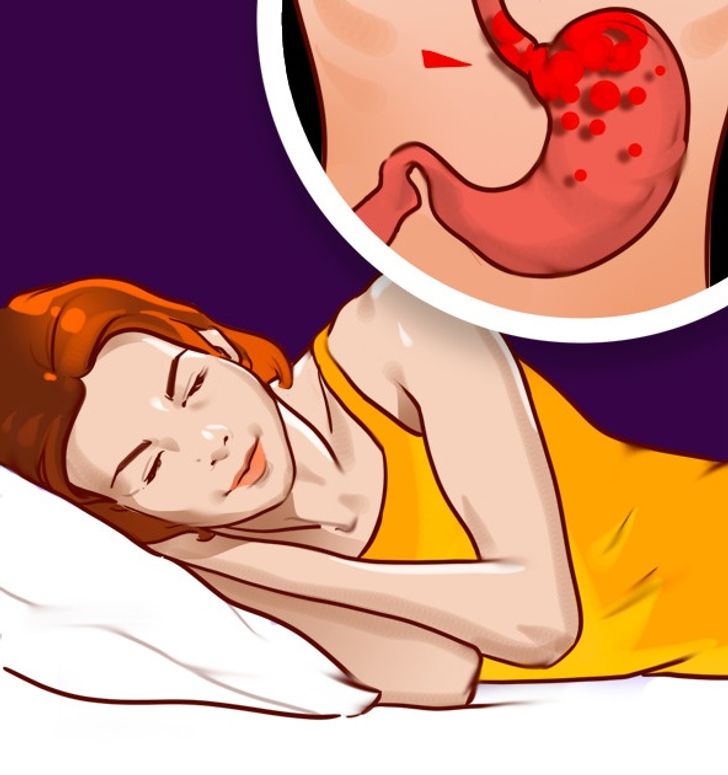 After each meal, it is better to walk a little or sit quietly. It is strictly not recommended to take a horizontal position and bend over.
After each meal, it is better to walk a little or sit quietly. It is strictly not recommended to take a horizontal position and bend over. - Proper sleep. To prevent heartburn, pregnant women are shown to sleep with the head end of the bed raised. This is where an extra pillow can come in handy. nine0189
- Proper food intake. Food must be chewed thoroughly, not in a hurry. It is better to reduce the amount of servings, but increase the number of meals.
How to quickly get rid of heartburn during pregnancy?
What helps with heartburn: treatment with folk remedies
- The use of baking soda for heartburn during pregnancy is one of the most common "folk" ways to deal with heartburn. This method really gives a quick effect, but it passes quickly, and in addition, soda interacts with gastric juice, which leads to the release of additional portions of hydrochloric acid and, accordingly, to heartburn. nine0189
- Milk. The drink contains a large amount of protein and antacids, which reduce the level of acidity.
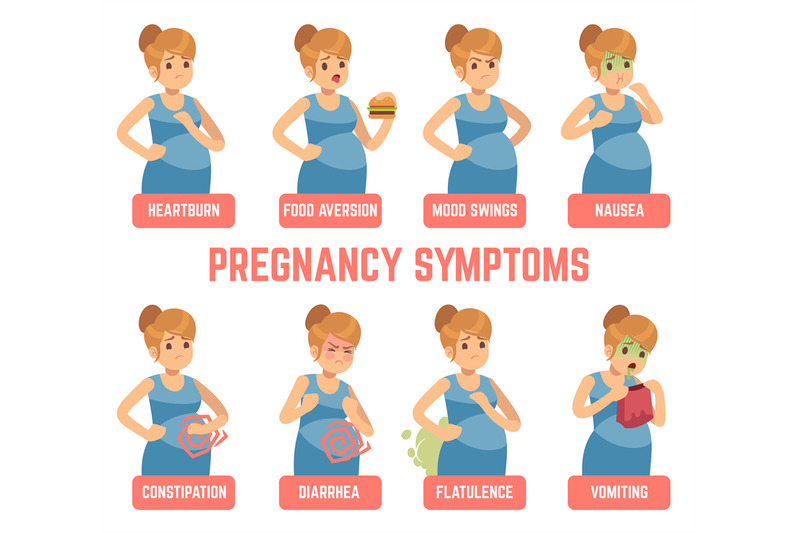 Often it is enough to drink one glass of milk for heartburn to recede. To enhance the effect, you can add a few drops of fennel.
Often it is enough to drink one glass of milk for heartburn to recede. To enhance the effect, you can add a few drops of fennel. - Potato juice squeezed from a grated raw potato can be an effective remedy for heartburn during pregnancy, as it normalizes acidity. However, not everyone can force themselves to drink potato juice, as it has a peculiar taste. nine0189
- Ground eggshell. The shell contains calcium carbonate, which reduces the level of acidity in the body. Note that with long-term use, this method will give the opposite effect, that is, the acidity will increase.
- Carrot juice. Helps neutralize acidity.
- Oatmeal has an enveloping property, thanks to which it is able to block discomfort.
However, before resorting to "folk" ways to deal with heartburn, still discuss with your doctor who manages pregnancy how best to deal with the problem in your case. nine0245In the final months, heartburn tends to subside as the body reduces progesterone production, and the pressure on the internal organs decreases as the belly sinks down.
